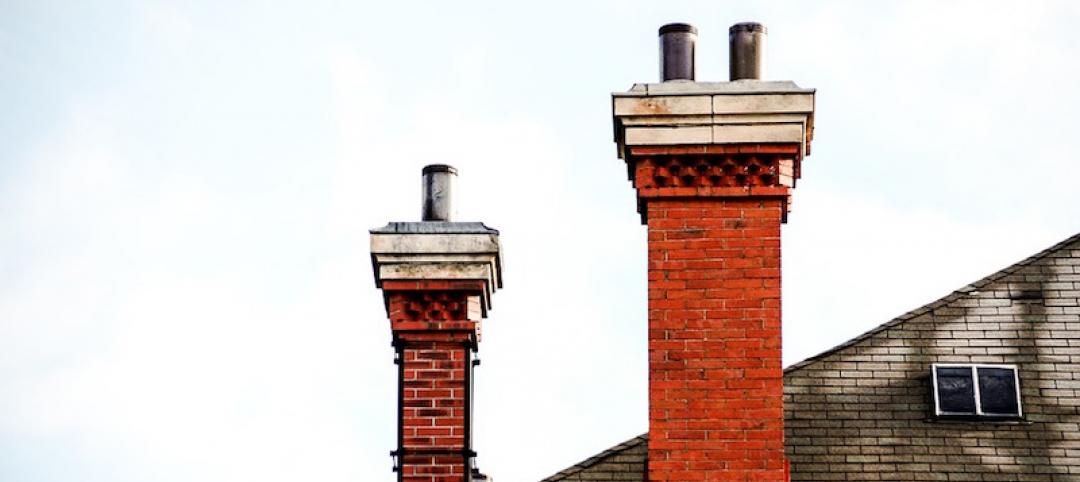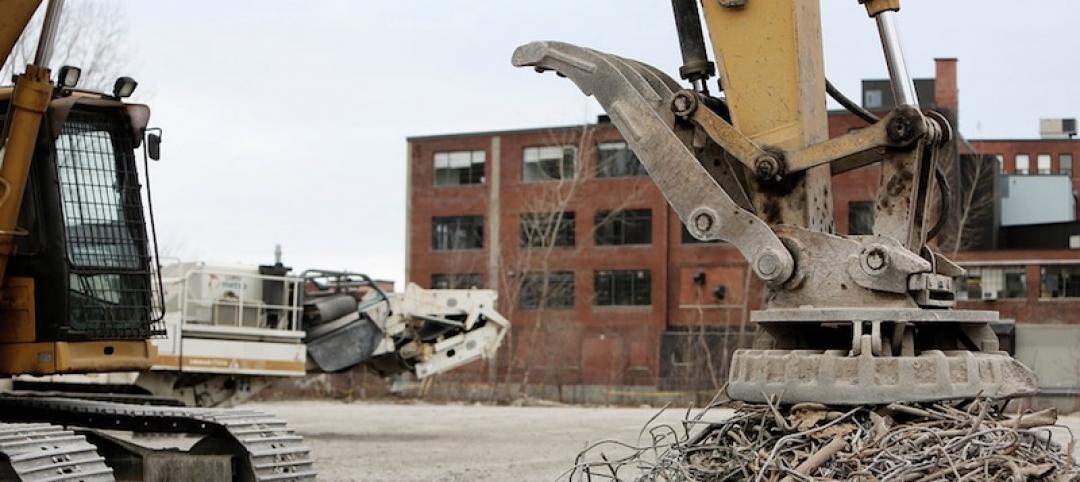The 2021 Hospital Energy and Water Benchmarking Survey by Grumman|Butkus Associates found that U.S. hospitals’ use of fossil fuels is declining since the inception of the annual survey 25 years ago, but electricity use is dipping more slowly.
The average combined Btu/ft2 (electricity plus gas/steam) for participating facilities was 236,743 in this year’s survey, up from 233,491 in 2019. “However, interpretation of year-to-year trends should be tempered by the realization that the respondent pool for the 2021 survey was different from the pool from the 2020 edition, due to the stresses that COVID-19 response placed on the healthcare facility personnel who normally participate, particularly during 2019,” according to a news release.
Hospitals’ average carbon footprint has remained fairly steady at 50 to 60 pounds of CO2 equivalent per square foot per year since GBA began calculating carbon data in 1999. CO2 footprint in 2020 was up from a low in 2019 (likely attributable to a change in respondents for the 2020 survey), but still shows an 18% decrease from 2018.
“To meet the ambitious goals put forth by the Biden Administration, hospitals will have to achieve much more significant reductions in the near term,” says GBA-Illinois Chairman Dan Doyle. “These reductions can only be achieved by implementing larger and more costly retrofits of existing buildings.
“The drive to decarbonize will also require building owners to embrace fuel switching to renewable-based energy sources. Many leading healthcare systems are implementing on-site renewables (usually solar photovoltaic systems), as well as off-site renewables, often funded through Power Purchase Agreements (PPA) to purchase some or all of their electricity.”
Related Stories
Codes and Standards | Apr 2, 2018
Experts chosen for ICC, ANCR buildings resilience benchmarks project
Specialists to focus on community preparedness for disasters.
Codes and Standards | Mar 29, 2018
Contractors have paid $5.2 million for failing local resident employee mandate on Detroit arena
Companies were only able to meet half of the 51% local worker requirement over course of the project.
Codes and Standards | Mar 28, 2018
Washington State moving to promote mass timber construction with legislation
Bill would require all 12-story or less public buildings to be built with mass timber.
Codes and Standards | Mar 27, 2018
Los Angeles appoints its first chief design officer
Responsibility for enhancing civic architecture and urban design.
Codes and Standards | Mar 26, 2018
National Roofing Contractors Assn., releases updates to its Roof Wind Designer app
Significant changes to online wind-load calculator.
Codes and Standards | Mar 22, 2018
Global construction waste to almost double by 2025
Concerns in Houston, Minnesota over environmental impacts.
Codes and Standards | Mar 21, 2018
Cape Town, South Africa’s dire water supply crisis raises concerns in the U.S.
Los Angeles, Salt Lake City, and Miami among cities at risk for water shortages.
Codes and Standards | Mar 20, 2018
Report shows how LEED certification supports net zero energy
Whole-building energy simulation, ASHRAE compliance requirement are key factors.
Codes and Standards | Mar 15, 2018
Energy efficiency measures contributing to flat demand for power
Utilities having difficulty adjusting to new business environment.
Codes and Standards | Mar 14, 2018
New parking lighting technology is paying off, Energy Dept. says
Newer products can cut energy costs by as much as 70%.
















